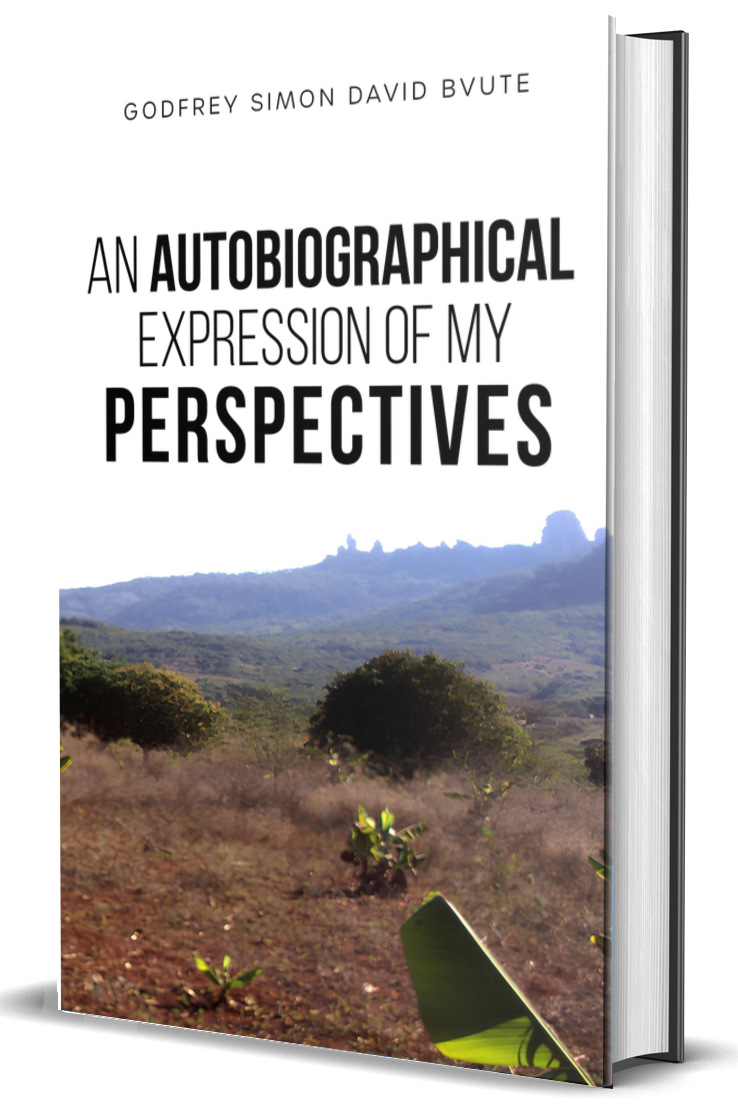Zimbabwe is a beautiful land where faith and politics have always been deeply intertwined. It is a nation where religion plays a central role in shaping personal values, societal norms, and even national governance. And my journey through Zimbabwe’s religious landscape is no different. It has been shaped by traditional beliefs and the impact of colonial-era Christianity. This influenced my understanding of morality, leadership, and the quest for justice.

Growing up, religion was not confined to churches. For example, in our Manyika community, spiritual beliefs were deeply integrated into everyday life. Traditional African spirituality coexisted with Christianity, with many people navigating both worlds. Ancestral worship, spiritual consultations, and rituals were a significant part of our culture. I remember stories from my grandfather, Sekuru Sahondototo, who traveled across Manyika and beyond, engaging with different spiritual traditions. His knowledge of African spirituality and his respect for traditional healers, such as the Barwe nyahana (healer) in our neighboring village, influenced my early understanding of faith.
Christianity, introduced through missionary efforts, transformed the religious landscape in Zimbabwe. Missionaries provided schools, hospitals, and social services to help spread the Christian faith. Many in our community converted, but they often blended Christian teachings with traditional beliefs, which shaped my perspective, teaching me that spirituality is deeply personal and influenced by cultural context.
As I grew older, I began to notice how faith influenced politics. For instance, during the colonial era, religion was both a tool of oppression and a source of resistance, as missionary churches often worked alongside colonial authorities. They promoted Western values while discouraging African traditions. However, religious movements also played a role in the liberation struggle, as churches became places where people gathered to organize resistance, where some religious leaders supported the fight for independence, preaching messages of justice and equality.
After Zimbabwe gained independence in 1980, this relationship between faith and politics became complex. The government recognized the role of religion in society, and political leaders often invoked Christian values in their speeches. Churches continued to influence public life, offering both spiritual guidance and social services. However, political conflicts also put religious institutions in difficult positions, where some churches aligned with the ruling party while others took a stand against corruption and human rights abuses.
In times of crisis, Zimbabweans turn to faith for hope and strength. During economic hardships, our prayer gatherings and religious revivals become more common as people seek divine intervention. At the same time, political leaders use religious platforms to gain support, blending faith with governance.
Faith, in its many forms, has been a source of inspiration and resilience, whether through traditional spirituality, Christianity, or political sermons. Religion continues to shape Zimbabwe’s identity. My personal journey through this landscape has been one of learning, questioning, and appreciating the power of faith in bringing people together, guiding ethical leadership, and offering hope in times of uncertainty.
As Zimbabwe continues to evolve, so will the relationship between faith and politics. However, the challenge here is to ensure that religion is used to promote unity and progress, rather than division and discrimination. That it should empower people to seek justice, embrace diversity, and contribute to the nation’s growth.
I (Godfrey Simon David Bvute) have learned from my journey that, despite differences in religious beliefs, their ultimate goal is always the same: to improve society and uplift humanity.
For more information and insight, please read my book, An Autobiographical Expression of My Perspectives.
This book provides firsthand insights into the war, colonialism, governance, and economic hardships that have shaped my life in Africa. This book explores the intersection of personal life journey, African history, politics, and the enduring influence of religion, spirituality, and moral values. It reflects on post-independence struggles, social and cultural transformation, and global issues like climate change and technology. I also delves into family values, relationships, and personal growth, offering a powerful testament to the resilience of those who have lived during difficult times.